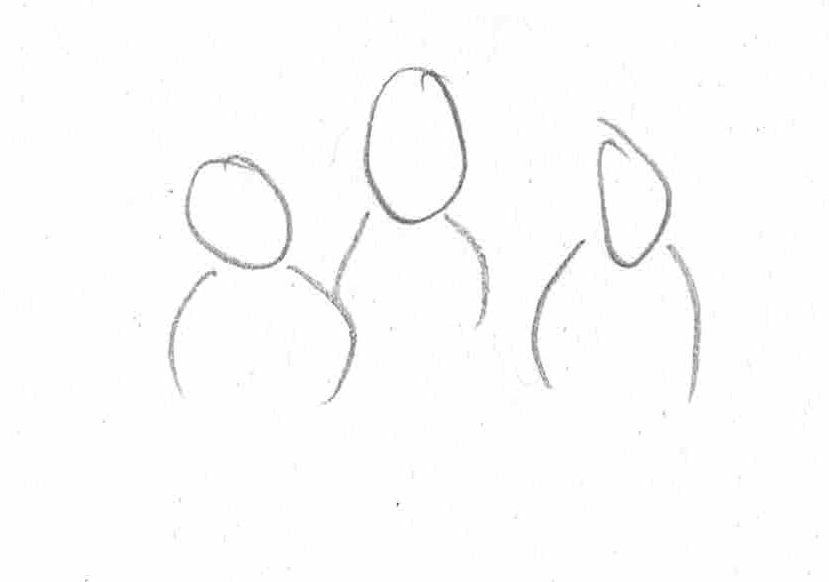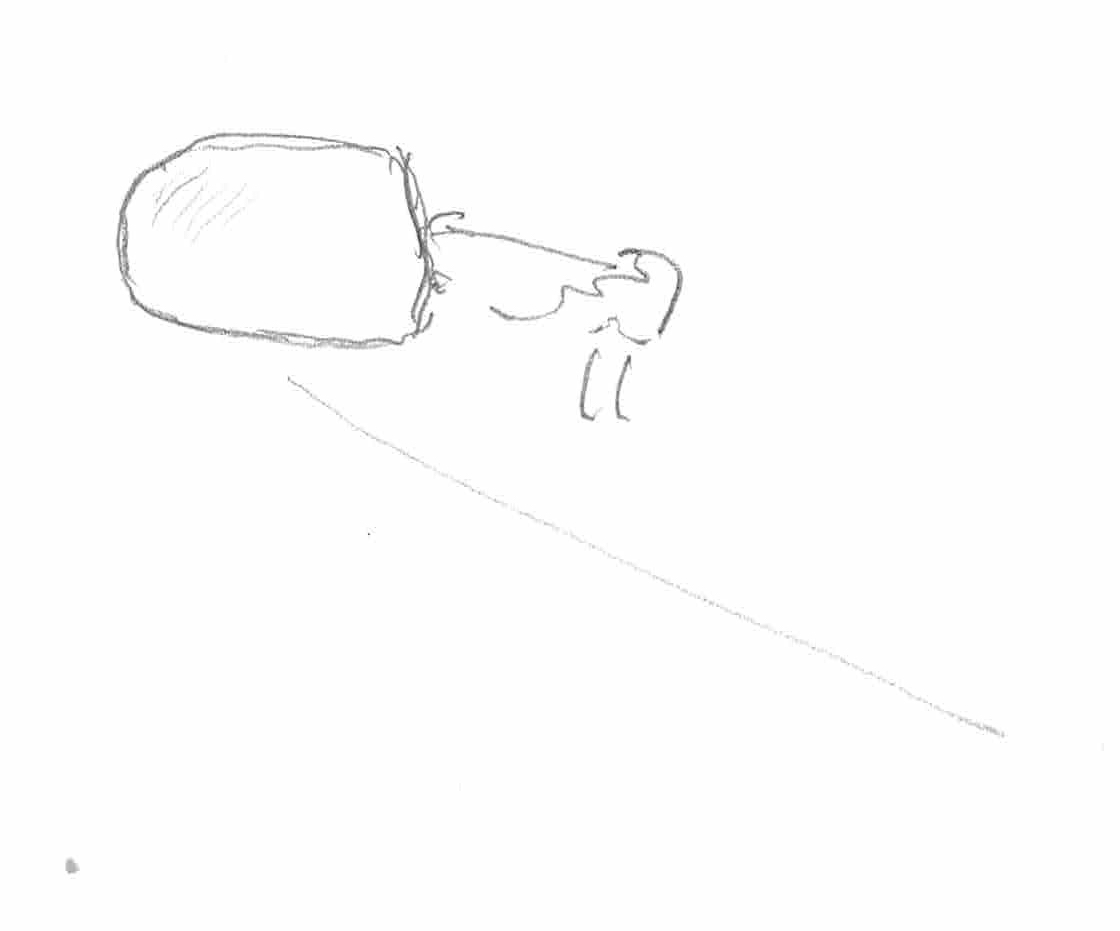 I wrote already about a plan I have dreamed up to release a third album of Browne – Haywood – Stevens music. I have twenty-five recordings of gigs we did, and that’s what the kids would call a fuckton of stuff. Possibly even a double album will emerge, comprising some of the material that was on our commercially released recordings, and some things we didn’t take to the studio.
I wrote already about a plan I have dreamed up to release a third album of Browne – Haywood – Stevens music. I have twenty-five recordings of gigs we did, and that’s what the kids would call a fuckton of stuff. Possibly even a double album will emerge, comprising some of the material that was on our commercially released recordings, and some things we didn’t take to the studio.
Hearing it all again is deeply moving. I hear Al talk, which is immediate and somewhat heartbreaking, but hearing him play the drums is just as powerful. Having spent so long working with him, and learning from him, and admiring the sound he made and benefiting from the awareness of improvised music he consistently demonstrated, the reminder of the time we spent together is a major deal. And all the authority is there in his sound and his time and the personality of his playing.
When we were first together, as I’ve said elsewhere, we were accompanying a singer and that was pleasant enough. But once she moved on and we decided to keep the group together we really got down to business.
Mondays at Bennetts Lane were where most of our playing was done. We were very fortunate that Al had that residency, because being able to play repeatedly gave us the chance to grow together as an ensemble. There were evenings when it was just my parents, the jazz doctors (Andrew and Lydia), and maybe two or three others, but we played all the same and accepted that jazz music was never going to make us wealthy. I remember those evenings with a fondness beyond words.
We visited Sydney for the Sydney Improvised Music Association, and played at the Strawberry Hills Hotel. John Pochee came along to hear us. I was so young I didn’t know just how senior he was, but he and Al had great chats and now I think about it I’m very glad and grateful he was there.
We went to Brisbane for the Pinnacles Jazz Festival, and there Al met a man who had recently begun attending Alcoholics Anonymous, and this for both of them was important. We can say it now, and anyway he made no secret of it, but Al was aided by his experience at AA for many decades, and stayed true to sobriety all that time. Once we did a gig out west and I had a glass of wine and he asked me how it was. I said, it’s fine, why don’t you try some? (because I didn’t yet know he was a recovering alcoholic) and he said something about not having had a drink for twenty years and turned me down. Later I found out more about it. One of the things he told me some years later was that alcoholics are always looking at the drinks. Wondering why you didn’t finish it. Stuff like that. Sometimes on a gig if he said something about a twelve-step program or taking things one day at a time that meant that someone else from AA was in the audience, and he was saying hello to them without outing them. He spoke about driving home around Albert Park Lake, and getting detained by the cops for a breathalyser; they said, have you had a drink tonight, and he said (as he’d said to me) I haven’t had a drink in twenty years so then they thought he was taking the piss. He laughed about this but I felt his pain.
We were rehearsing at his house, which is something we did regularly, and he’d settled himself behind the drums, ready to go. The phone rang, and he exclaimed, in exasperation, ‘Poo dick and wee.’ Nick thought that because we’d made King, Dude and Dunce this could be a fitting title for our second album. (He also came up with ‘Browne – Haywood – Stevens back one out’.) Al took photos of us outside his home, in black and white, and at the end demanded that we do some with our shirts off. He claimed to be inspired by Scott Tinkler, who had some suggestively nudie shots somewhere in his output. These photographs fortunately never saw the light of day.
His wit was tremendous; Andrew Gander had heard a recording of another drummer (who will remain nameless) and said it sounded like someone building a shed. Al loved this. He wasn’t really competitive, although he did want to play with everyone and felt all the feels for not being sufficiently appreciated or employed. On one of the raves I reproduced in the article above he alluded to what Andy had said, in a manner that perhaps only I understood. The vastness of his reading was breathtaking, and his capacity to call upon Pushkin or Tolstoy or Proust had no parallel in the Melbourne jazz scene. And then he’d be talking about ‘Chunder in the old Pacific Sea.’ Hearing his raves again after all these years is a wonderful education.
Please hold yourselves in readiness for fresh BHS music, coming your way a little later this year.
15/ii/2025
